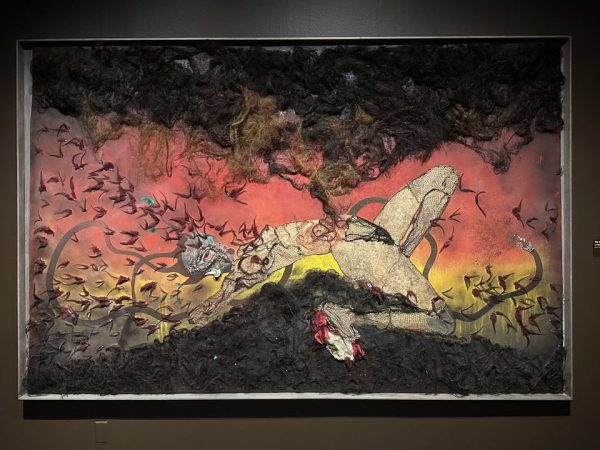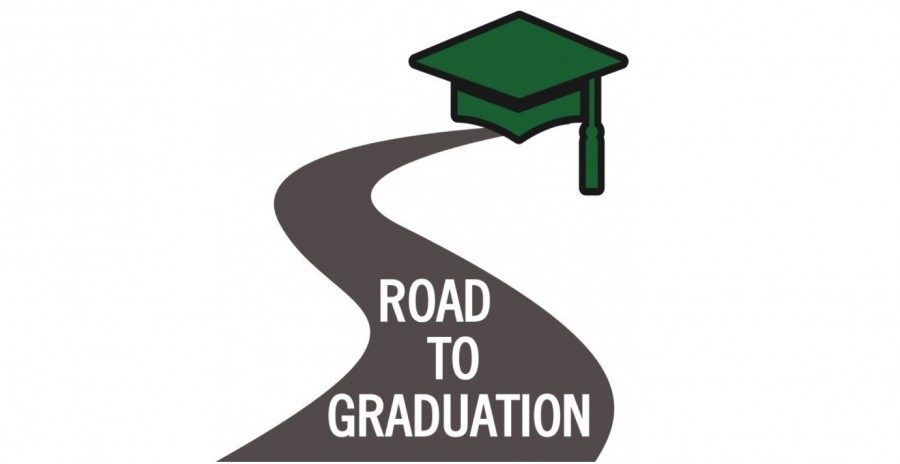Road to Graduation: Tulane tops Peace Corps producer list
Some students have imagined themselves working for the Peace Corps since they were in high school. For several Tulane students, that dream is becoming a reality.
This year, Tulane ranked No. 5 among medium undergraduate schools with the most Peace Corps volunteers and No. 1 among graduate schools.
Leaders at the Peace Corps and its legion of volunteers say their mission is to promote intercultural understanding and provide skilled volunteers to countries that want them.
Senior Hannah Novak plans to do maternal and neonatal community health work in Cameroon through the organization. Novak addressed the concern felt by some people that the organization is “exclusively white and exclusively extraordinarily wealthy.”
“They make that pretty explicitly clear when you’re in the application and interviewing process that you’re there to learn, you’re there to help to the best of your abilities,” Novak said. “… These communities are very strong and have been strong without you for plenty of time, and they will continue to be strong without you.”
Volunteers are expected to have the skill set to be able to contribute productively to the communities they are entering. Novak, for example, has experience in advocacy, research and working in local health departments.
https://twitter.com/GoPeaceCorps/status/967043368541761537
Other future volunteers, like seniors Elyse Magen and Gianna Lindemann, have gained experience from travels abroad.
Magen is an economics major who expects to go to Colombia to work in community economic development. She said that her experience studying abroad in Argentina helped her hone the language skills she will need while serving.
Lindemann’s experience visiting a school in Kenya gave her a taste for the kind of work she will be doing as an English teacher in South Africa.
She said she hopes to foster cultural exchange and understanding during her time in the Peace Corps.
“I want to learn as much from my community in South Africa as they learn from me,” Lindemann said. “I hope this cross-cultural immersion and separation from my life in America will lead to a lot of personal growth, including a stronger sense of independence, confidence and identity.”
Lindemann also said she hopes to apply the lessons she learns while in the Peace Corps to future endeavors, regardless of whether she ends up working as a classroom teacher.
Other students, like Magen and Novak, are more confident that they will continue the kind of work they will do in the Peace Corps even after their service is over.
For Magen, working in the realm of international organizations like the Peace Corps has been an ambition for a long time. She says she hopes to use the lessons she learns working “on the ground” to help shape policy on a greater scale.
Do you want to use your skills to help people in need around the world? @PeaceCorps is accepting volunteer applications from now through 7/1/18: https://t.co/5kvKmKj28O pic.twitter.com/hFP6h2e06A
— USA.gov (@USAgov) March 12, 2018
While the fields and countries they will work in vary, all of these future Peace Corps volunteers expect that by living and growing in a community over the course of two years, they will learn and become more dynamic and adaptable people.
“[Peace Corps volunteers] need to be ready for living conditions without running water or electricity, be able to navigate cultural differences, and be willing to encounter loneliness and isolation, without letting it discourage you for long,” Lindemann said.
A previous version of this article misspelled Elyse Magen’s name.
Leave a Comment
Your donation will support the student journalists of Tulane University. Your contribution will allow us to purchase equipment and cover our annual website hosting costs.


















Hannah Craig • Mar 17, 2018 at 9:37 pm
The individual referred to as Elyse Nagen is named Elyse Magen.